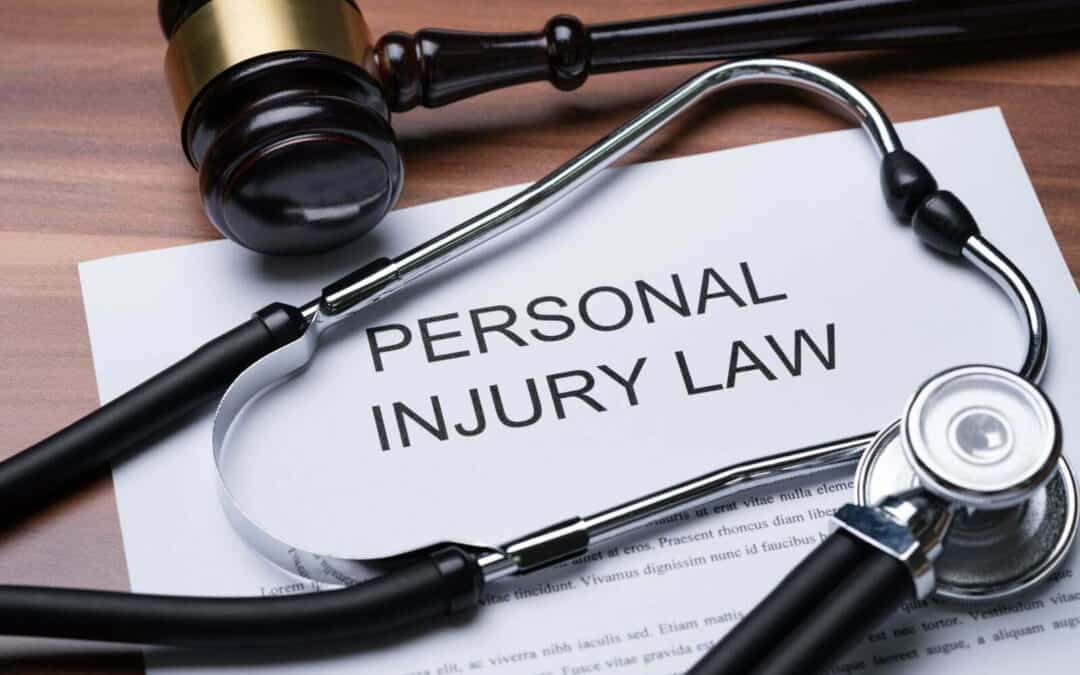When someone is injured and holds someone else accountable, a personal injury lawsuit is filed. It is normal for victims to be apprehensive about pursuing personal injury claims since they may result in court proceedings. However, according to data supplied by the Bureau of Justice Statistics, more than 95% of these cases never make it to court and are settled out of court.
Personal Injury Cases and Their Probable Outcomes
If you file a personal injury claim, you should expect one of two things to happen.
- Settlement that is not formalized. It’s not uncommon for people involved in personal injury cases to settle their disagreements informally. This is normally accomplished by involving people who are immediately affected by the case, their legal counsel, and their insurance. Both parties engage in negotiations in order to reach an agreement. Once the agreed-upon terms are accomplished, a formal agreement prevents both parties from taking further legal action.
- Lawsuit. Personal injury claims are classified as civil litigation, as opposed to criminal cases filed by the government. It starts when a person (plaintiff) files a formal complaint in court against another person, a company, or a government body (defendant). The plaintiff was injured or damaged as a result of the defendant’s irresponsible or careless actions, according to the complaint. The outcome of such cases is decided by a jury or a judge.
What is the Process of Filing a Personal Injury Lawsuit?
When you’re hurt, the first thing you should do is seek medical help. Then take the following actions.
- Make an appointment with a lawyer. Look for a personal injury lawyer who specializes in civil litigation. Your lawyer will examine your medical expenditures, determine if you may hold the other party accountable, and suggest legal options for you to consider.
- In court, file paperwork. Your attorney will file a lawsuit and submit the relevant documents on your behalf, naming you as the plaintiff and the defendant as the party you’re suing.
- Case investigation. Both sides are entitled to submit lists of questions to each other as well as take sworn statements or dispositions throughout this official procedure of exchanging evidence. Your attorney may need to contact with medical or accident reconstruction experts depending on the facts of your case. Your lawyer may also make contact with witnesses to obtain their statements.
- Mediation. Your case may be mediated by an existing formal judge in order to avoid going to trial. This procedure enables both parties to achieve a non-binding agreement.
- Trial. When a personal injury lawsuit goes to trial, it might take days, weeks, or even months, and the decision is made by a jury or a judge. If the defendant is found to be at fault, he or she must compensate the plaintiff as directed by the court.
- Appeal. The losing side, whether plaintiff or defendant, has the right to appeal the decision.
- Depending on the complexities of a case, the appeals process can take months or even years.
Limitation of Liability
Because of the statute of limitations, you only have a certain amount of time to file a personal injury claim as a plaintiff. The statute of limitations begins to run from the time of the injury or when one learns of the injury. If you want to recover punitive damages, you must file your case within the time limit.
The amount of time accident victims have to seek financial compensation for their injuries varies by jurisdiction, although most states have a two-year statute of limitations. Louisiana is one year, Mississippi is three years, Nebraska is four years, Missouri is five years, and Maine is six years. To be clear, these aren’t the only options.
Conclusion
Whether you were injured in a car accident, a workplace accident, medical malpractice, legal malpractice, an animal bite, or any other type of personal injury, it may be worth your time to see if you are entitled to monetary compensation. If you believe you are, contacting a personal injury attorney as soon as possible may be in your best interests.

